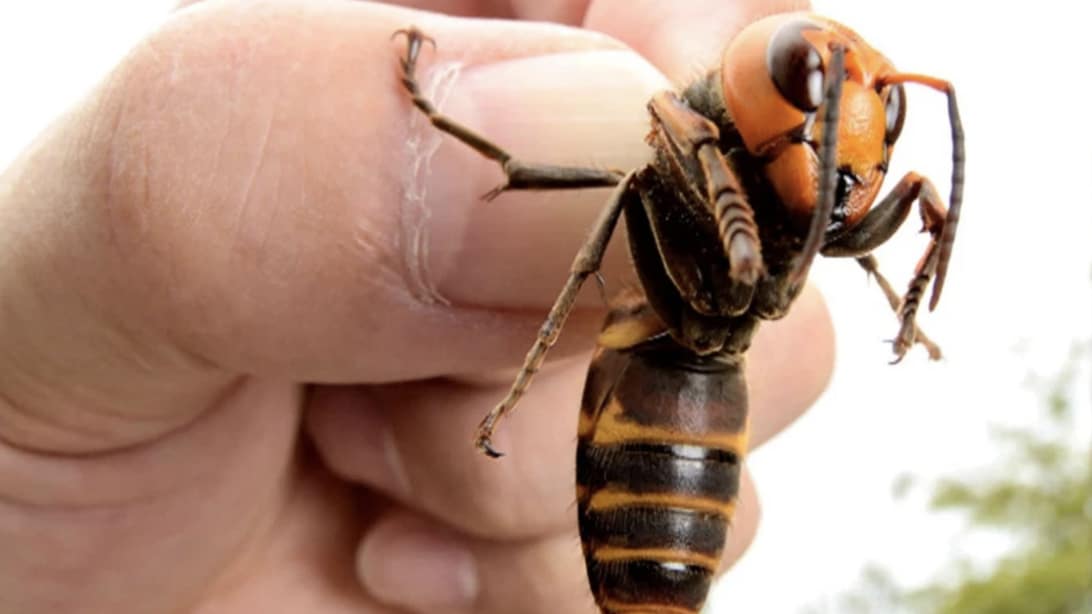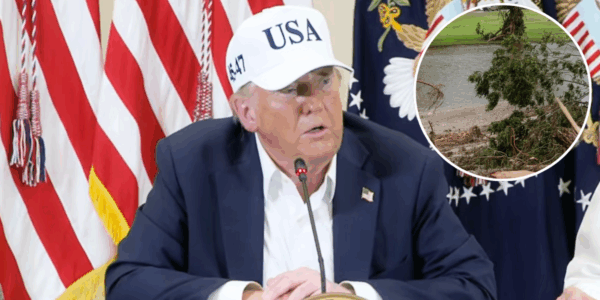Giant ‘Murder Hornets’ Spotted In The U.S. For The First Time
on May 03, 2020 • Updated Jan 15, 2025

As if 2020 couldn’t get any more crazy, Asian Giant Hornets have been spotted in the United States for the first time. Also known as “Murder Hornets,” the aggressive bees are the largest hornet species in the world, growing to over two inches long.
Scientists claim that the hornet aren’t an immediate threat to human life as there aren’t many of them currently in the U.S. and they don’t attack humans unprovoked. Roughly fifty deaths are reported from Murder Hornet stings every year in Japan as they carry a neurotoxin called mandarotoxin. It takes more than one sting to inject a fatal dose into a human, but according to retired NYPD beekeeper Anthony “Tony Bees” Planakis, a single sting isn’t likely.
Planakis says that inside their venom “is a pheromone, which is like a magnet to other hornets. So you can get swarmed just from getting stung by one.”
Perhaps the most immediate concern for Americans is the affect that the giant hornets will have on our bee population. Murder hornets have the ability to wipe out entire bee colonies within hours, and they do so in a disturbing way.
Chris Looney, and entomologist from Washington state where the hornets were first spotted, says the giant hornets tear up entire bee colonies by decapitating the bee’s heads with their jaws and feeding the thoraxes to their young.
In November, beekeeper Ted McFall arrived to check on a group of his hives near Custer, Washington, and discovered thousands of bee carcasses on the ground, with their heads torn from their bodies. McFall suspected that Asian Giant Hornets were to blame after some of the hornets were spotted a few miles from his property, marking the first official sighting of the invasive hornets in the United States.
Scientists in the northwest are working hard to hunt down the killer bees and exterminate them before they migrate across the country and cause problems for our honey bee population. Chris Looney is urging scientists to be vigilant in their fight against the hornets saying, “If we can’t [stop them] in the next couple of years, it probably can’t be done,” he said.
Homemade hornet traps have been set up in the hopes of slowing down or stopping population growth and to track where they think the hornets are.












